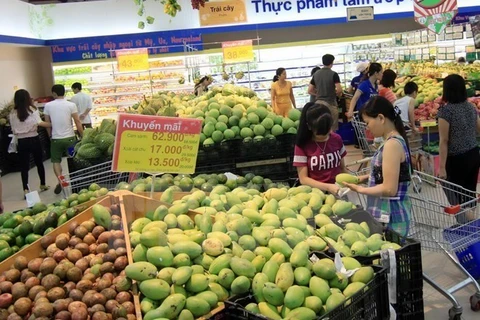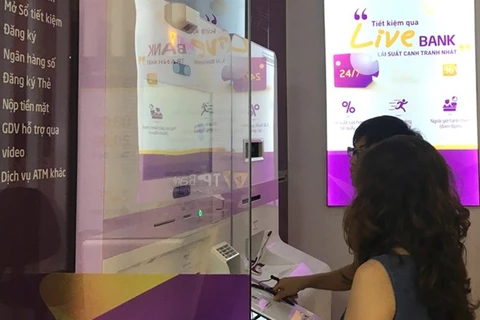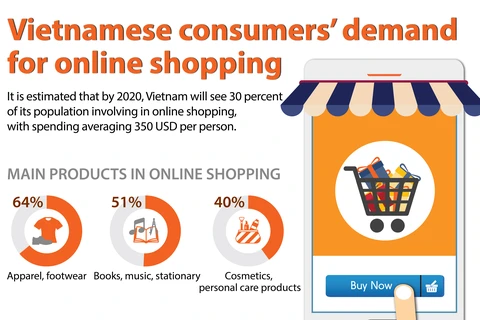Hanoi (VNA) – Up to 70 percent of Vietnamese consumers put their spare cash into savings, ranking second globally, according to the Global Consumer Confidence Survey recently issued by Nielsen and The Conference Board.
The survey for the second quarter of 2018 said Southeast Asian consumers are leading the way when it comes to their saving intentions.
Filipinos are the world’s most avid savers (71 percent) while Singaporeans (69 percent) and Indonesians (66 percent) rank third and fourth. The global average in this regard is 53 percent, up 1 percent from Q1.
However, after covering essential living expenses, Vietnamese consumers were eager to spend on big-ticket items as they wish to lead a better life, the report said, noting nearly half of consumers were willing to spend on holidays (49 percent).
Additionally, 46 percent of Vietnamese consumers would like to spend their spare cash on new clothes and new technology products, 43 percent wanted to divert any spare cash towards out-of-home entertainment activities and 38 percent wanted to spend on home improvements.
Spending on medical insurance premiums keeps increasing with this intention gaining 3 points from the previous quarter to reach 41 percent.
The survey also indicated that Vietnamese consumer confidence remained stable in Q2, with an index score of 120 percentage points, compared to the global index of 104 percentage points. It dropped a spot to the fifth most confident country in the world.
Vietnamese continued to rank job security and health as their top two key concerns. Other key areas of concern were increasing utility bills, parents’ welfare and happiness and children’s education and/or welfare.
They also continued to feel upbeat on their personal state of finance with 76 percent perceiving their state of personal finances would be either good or excellent in the next 12 months. However, nearly half of respondents stated it is not a good time to buy.–VNA
VNA

























